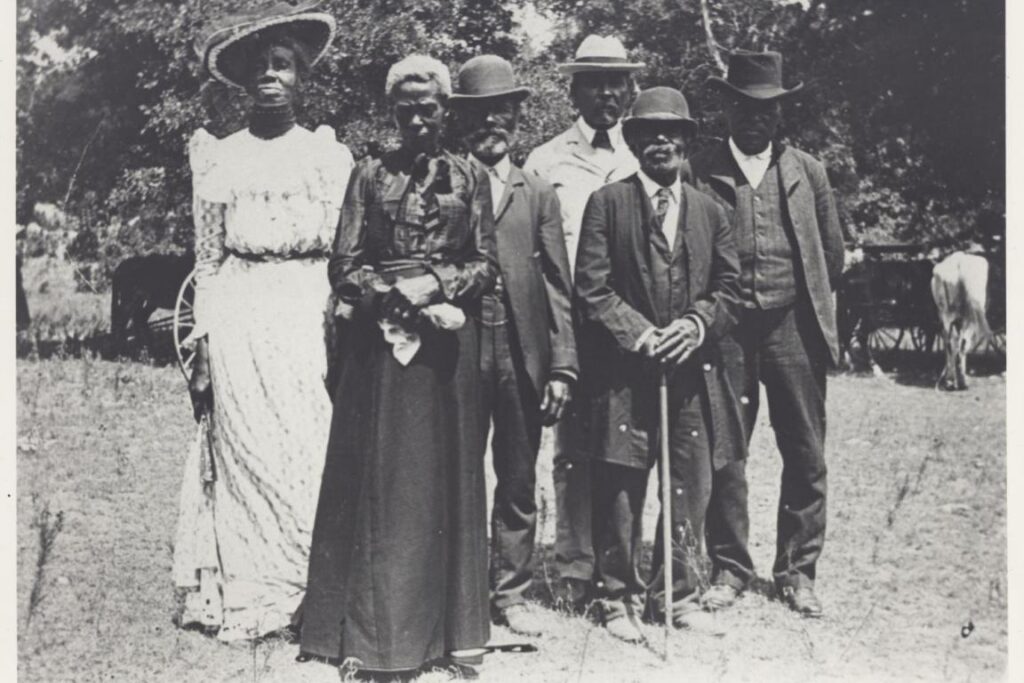
The WashUMed Office of Diversity, Equity and Inclusion is proud to commemorate Juneteenth! We recognize the stories of triumph, bravery, resilience and contributions made by the African American community. On Juneteenth, we recommit ourselves to the work of equity, anti-racism, equality, and justice. As we reflect and celebrate on Juneteenth, we keep in mind the ways in which structural racism continues to impact communities of color in the United States and are mindful of the importance of equity in all spaces!
What is Juneteenth
Juneteenth is the oldest nationally celebrated commemoration of the ending of slavery in the United States. From its Galveston, Texas origin in 1865, the observance of June 19th as the African American Emancipation Day has spread across the United States and beyond.
The holiday is also called “Juneteenth Independence Day,” “Freedom Day” or “Emancipation Day.”
How did Juneteenth begin?
On June 19, 1865, about two months after the Confederate general Robert E. Lee surrendered, Gordon Granger, a Union general, arrived in Galveston, Texas, to inform enslaved African Americans of their freedom and that the Civil War had ended. General Granger’s announcement put into effect the Emancipation Proclamation, which had been issued more than two and a half years earlier, on Jan. 1, 1863, by President Abraham Lincoln.
The Emancipation Proclamation
In reality, the Emancipation Proclamation didn’t instantly free any enslaved people. The proclamation only applied to places under Confederate control and not to slave-holding border states.
Although emancipation didn’t happen overnight for everyone—in some cases, enslavers withheld the information—celebrations broke out among newly freed Black people, and Juneteenth was born. In Missouri, a state constitutional convention held on January 11, 1865 declared slavery illegal but did not extend voting rights to Black Missourians. That December, slavery in America was formally abolished with the adoption of the 13th Amendment, the 14th Amendment provides citizenship, due process and equal protection; and the 15th Amendment provides the opportunity to vote and hold office.
Why we should honor/celebrate Juneteenth:
Today, Juneteenth commemorates African American freedom and emphasizes education and achievement. It is a day, a week, and in some areas, a month marked with celebrations, guest speakers, picnics and family gatherings. It is a time for reflection and rejoicing.
Juneteenth is the first new federal holiday approved since Martin Luther King Jr. Day in 1983. This year, the Juneteenth federal holiday will be observed in the U.S. on Monday, June 20, 2022.
Learn more about
Juneteenth
WashU Juneteenth Events
Local Juneteenth Community Events
- STL Partnership: 2022 JUNETEENTH CELEBRATIONS IN ST. LOUIS
- Juneteenth Caribbean Walk-a-thon
- Juneteenth Celebration and Resource Fair
- Saint Louis Juneteenth “FREE DOME” Celebration
- Juneteenth Community Concert
- Juneteenth Celebration in East St. Louis
- 2022 Juneteenth Community Ride
- Just Breathe STL
- GROOVE IN THE GROVE
- Juneteenth at the Missouri Botanical : Free Admission
- Juneteenth in Grand Center